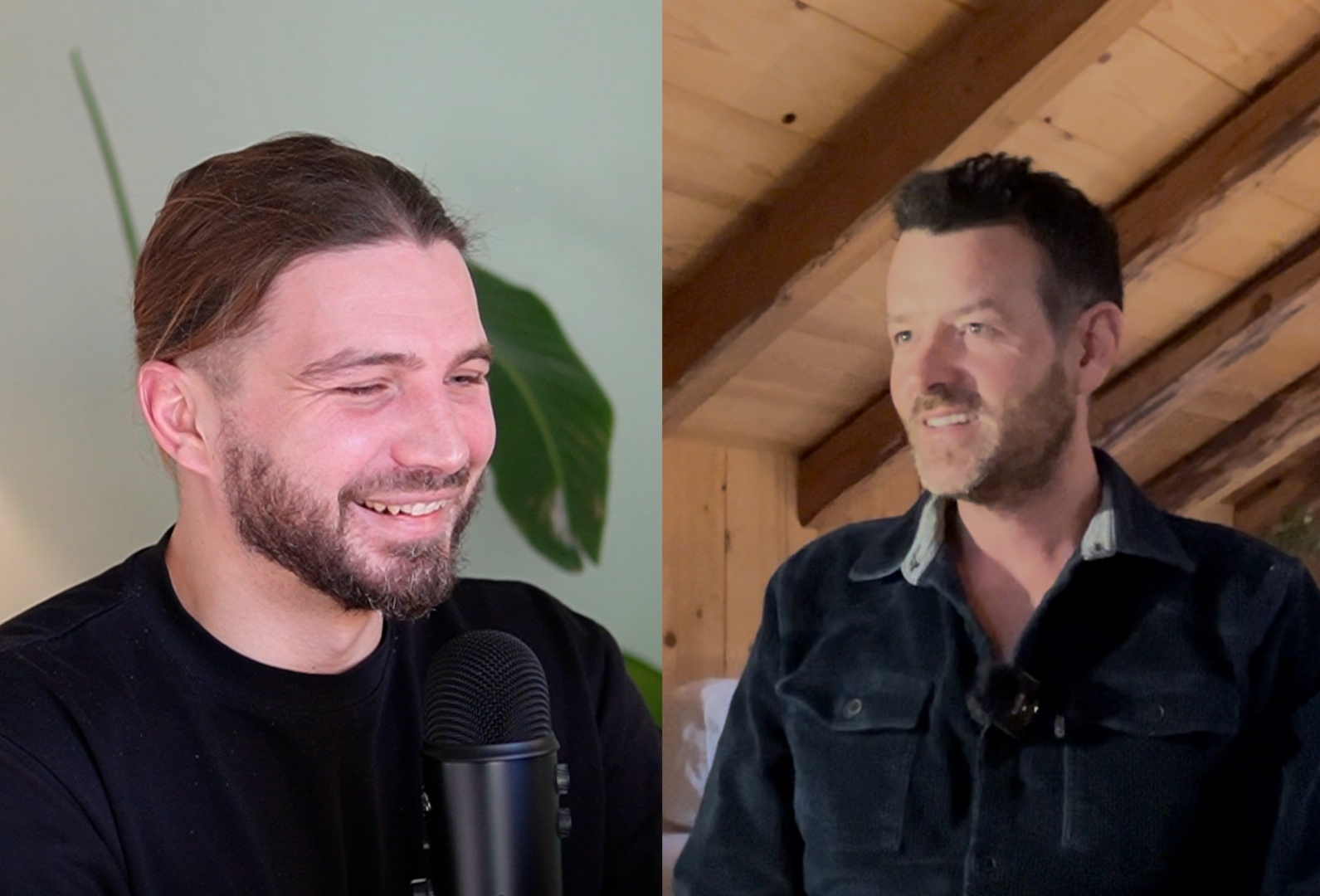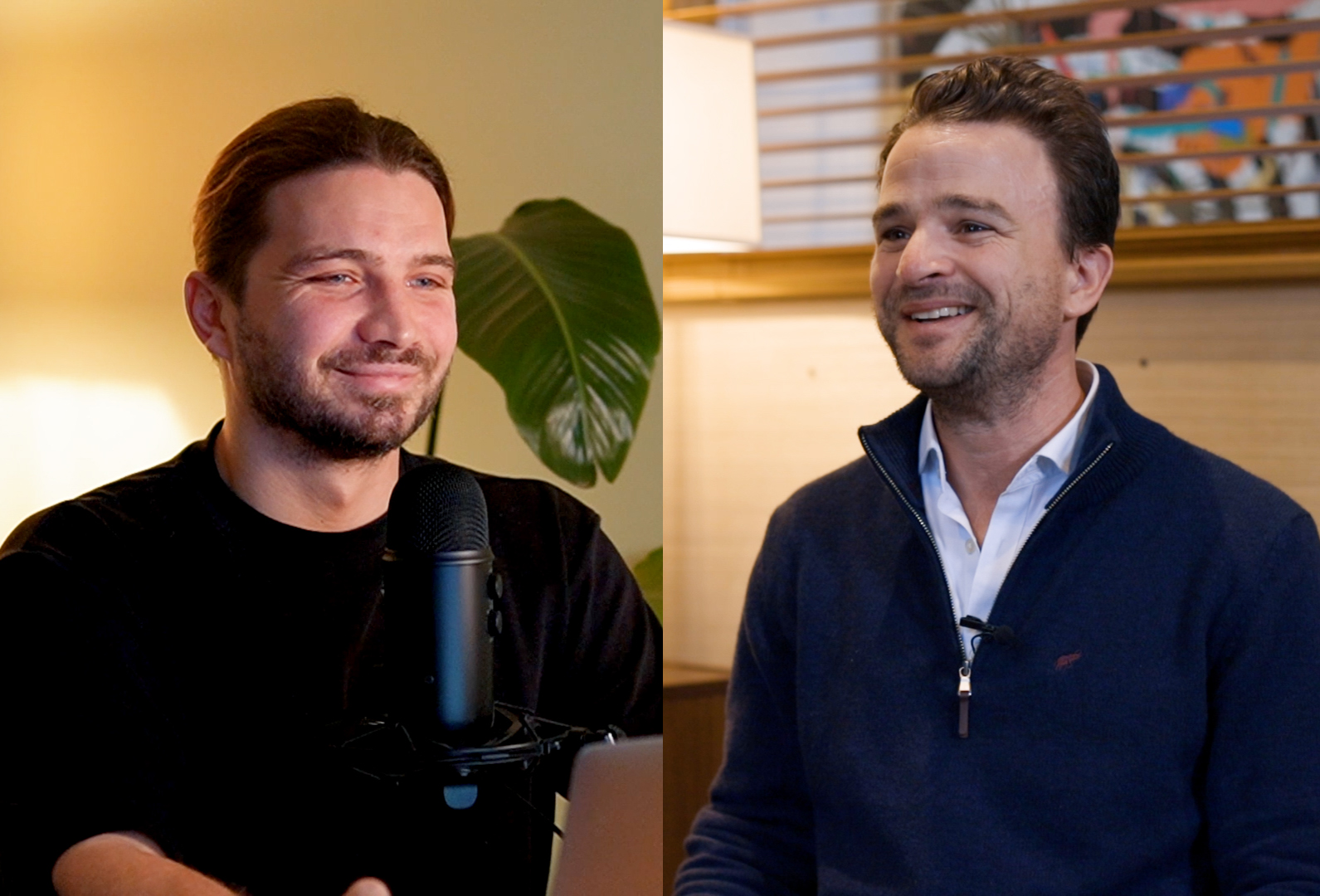French Alps
Alpe d'Huez Grand Domaine
Alpe d'Huez
Chamonix Mont Blanc
Argentière
Chamonix
Les Houches
Espace Killy
Tignes
Val d'Isère
Espace San Bernardo
La Rosière
Evasion Mont-Blanc
Combloux
Megève
Saint-Gervais
Grand Massif
Les Carroz
Samoëns
Les Aravis
La Clusaz
Manigod
Les Sybelles
La Toussuire
Mercantour
Auron
Paradiski
La Plagne
Portes du Soleil
Chapelle d'Abondance
Châtel
Les Gets
Montriond
Morzine
Praz de Lys Sommand
Praz de Lys
Three Valleys
Courchevel
Méribel
St-Martin-de-Belleville
Val Thorens
Lisbon Metropolitan Area
Alcochete Municipality
Alcochete
Cascais Municipality
Carcavelos
Cascais
Estoril
Lisbon
Alcântara
Alfama
Alvalade
Amoreiras
Arroios
Avenida da Liberdade
Avenidas Novas
Bairro Alto
Baixa
Belém
Cais do Sodré
Campo de Ourique
Campo dos Mártires da Pátria
Chiado
Estrela
Graça
Intendente
Lapa
Marvila
Parque das Nações
Príncipe Real
Santos
Mafra
Ericeira
Seixal Municipality
Seixal
Sesimbra Municipality
Sesimbra

EXCEPTIONAL PROPERTIES IN FRANCE, PORTUGAL AND BEYOND.
3 Bedroom New Build Apartment
Alfama, Lisbon, Portugal
- 3 Bedrooms
- €1,180,000
- Palácio Santa Clara III 3 - AALB21- III 3
1 Bedroom New Build Apartment
Avenida da Liberdade, Lisbon, Portugal
- 1 Bedrooms
- €890,000
- Grand Loft Avenida R
3 Bedroom New Build Villa
Comporta, Alcacer do Sal, Portugal
- 3 Bedrooms
- €3,100,000
- SAMA Villa 8
5 Bedroom New Build Apartment
Val d Isere, Espace Killy, France
- 5 Bedrooms
- €4,443,000
- L'Ecrin B201
2 Bedroom New Build Villa
Comporta, Alcacer do Sal, Portugal
- 2 Bedrooms
- €1,800,000
- SAMA Villa 4
3 Bedroom New Build Apartment
Crans Montana, Valais, Switzerland
- 3 Bedrooms
- Price on application
- Six Senses Crans Montana B5
3 Bedroom New Build Apartment
Les Gets, Portes du Soleil, France
- 3 Bedrooms
- €640,000
- Lumina B105
4 Bedroom Existing Penthouse
Saint-Martin-de-Belleville, Three Valleys, France
- 4 Bedrooms
- €1,310,000
- Chalet Blom - Resale
2 Bedroom New Build Penthouse
Avenida da Liberdade, Lisbon, Portugal
- 2 Bedrooms
- Price on application
- Aura Y
3 Bedroom New Build Apartment
Crans Montana, Valais, Switzerland
- 3 Bedrooms
- Price on application
- Six Senses Crans Montana A2
3 Bedroom New Build Apartment
Alfama, Lisbon, Portugal
- 3 Bedrooms
- €1,180,000
- Palácio Santa Clara III 3 - AALB21- III 3
1 Bedroom New Build Apartment
Avenida da Liberdade, Lisbon, Portugal
- 1 Bedrooms
- €890,000
- Grand Loft Avenida R
3 Bedroom New Build Villa
Comporta, Alcacer do Sal, Portugal
- 3 Bedrooms
- €3,100,000
- SAMA Villa 8
5 Bedroom New Build Apartment
Val d Isere, Espace Killy, France
- 5 Bedrooms
- €4,443,000
- L'Ecrin B201
2 Bedroom New Build Villa
Comporta, Alcacer do Sal, Portugal
- 2 Bedrooms
- €1,800,000
- SAMA Villa 4
3 Bedroom New Build Apartment
Crans Montana, Valais, Switzerland
- 3 Bedrooms
- Price on application
- Six Senses Crans Montana B5
WHAT WE DO
CUSTOMER SERVICES
- Purchase guidance
- New build benefits
- Finance and mortgages
- Tax structuring
- Rental strategy
- After-sale and resale
ATHENA FINDER
- Search and find service
- Premium option at no cost
- On and off-market properties
- Let us know your criteria
- We support you throughout
- Available in France and Portugal
BUSINESS SERVICES
- Strategic partnerships
- Developer relationships
- Structuring and pricing
- Floor plans and layout
- Commercial opportunities
- Athena Studio marketing
PURCHASE
- Document explanation
- Tax optimisation advice
- Process guidance and explanation
- French notary connection
- VAT rebates (France only)
- Signatures and completion
SELL YOUR PROPERTY
- Valuation and positioning
- Process support an explanation
- Notary guidance
- Home staging
- Design and marketing
- Photography and video
ATHENA FINANCE
- Multilingual and CeMAP-qualified brokers
- UK FCA and ORIAS regulated
- Access to preferred rates
- Financing possible in >23 days
- 90% of applications end up with an offer
- Access to tax guidance, legal expertise, etc.

BUYING GUIDES
LEARN MORE
HEALTHCARE & LIFESTYLE
FIND OUT MORE
FOR OWNERS
LEARN MORE
FINANCE & MARKET
LEARN MORE
RESIDENCY
LEARN MORE
WHERE HIGH ALT. SKIING MEETS HIGH-END LIVING
MÉRIBEL'S FINEST

ATHENA FINDER
CAN’T FIND WHAT YOU’RE LOOKING FOR? WE’LL FIND IT FOR YOU…
ABOUT US
Doing it differently since 2003.
Different minds, spirits, and cultures make Athena magic.
20 YEARS ADVISING INVESTORS

WHAT MAKES ATHENA DIFFERENT?

OUR OFFICES

LANDMARKS
€5m hotel development Arrabida
Helped a private US investor acquire a plot of land with an approved design project for a five-star hotel in one of the most amazing and untouched nature reserves in Portugal.
Jan 2022
Tech entrepreneur's relocation to Lisbon
Our team assisted a well-known tech entrepreneur and his family to relocate to Lisbon's coast.
Mar 2022
Morzine office opens
Our French Alps Marketing Director opens an office in the heart of the Portes du Soleil.
Apr 2022
€66m investment in Val d'Isère chalet
Athena facilitated one of the biggest deals in recent times - representing both the buyer and the seller.
August 2022
Val d’Isère - to Know Its Future Is to Understand Its Past
To lead among elite mountain sports destinations, innovation is critical. As Val d’Isère celebrates another successful season and we enjoy more fine A...
READ MORE

Portugal’s NHR Program - Act Now or Miss Out!
All you need to know about Portugal's NHR Programme before it's over
READ MORE

Winter Olympics Likely Heading to the French Alps in 2030
The International Olympic Committee (IOC) is in advanced discussions with France to host the 2030 Olympic and Paralympic Winte...
READ MORE

Episode 3: Portugal's Golden Visa 2023
October 7th 2023, Portugal's government announced that the real estate pathway to acquiring a Golden Visa was officially closed. This is what to do in...
READ MORE

Algarve's Best-Kept Secrets: Unveiling Its Serene and Wild Side
Adviser Column #4 - David Moura-George, Portugal Director
READ MORE

Episode 2, Introducing Portes du Soleil
In this episode of The Investment Journey, Portes du Soleil, the epic dual season ski domain covering France and Switzerland goes under the microscope...
READ MORE

Val d’Isère - to Know Its Future Is to Understand Its Past
To lead among elite mountain sports destinations, innovation is critical. As Val d’Isère celebrates another successful season and we enjoy more fine A...
READ MORE

Portugal’s NHR Program - Act Now or Miss Out!
All you need to know about Portugal's NHR Programme before it's over
READ MORE

Winter Olympics Likely Heading to the French Alps in 2030
The International Olympic Committee (IOC) is in advanced discussions with France to host the 2030 Olympic and Paralympic Winte...
READ MORE

Episode 3: Portugal's Golden Visa 2023
October 7th 2023, Portugal's government announced that the real estate pathway to acquiring a Golden Visa was officially closed. This is what to do in...
READ MORE

Algarve's Best-Kept Secrets: Unveiling Its Serene and Wild Side
Adviser Column #4 - David Moura-George, Portugal Director
READ MORE

Episode 2, Introducing Portes du Soleil
In this episode of The Investment Journey, Portes du Soleil, the epic dual season ski domain covering France and Switzerland goes under the microscope...
READ MORE













































